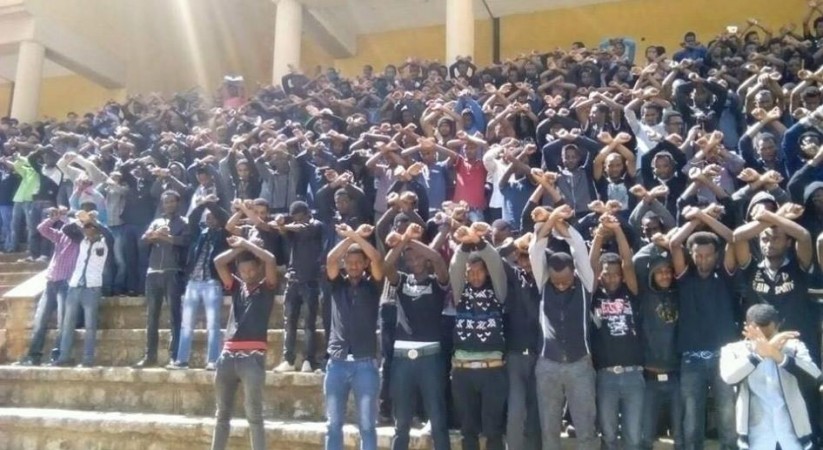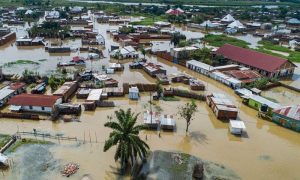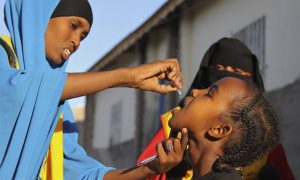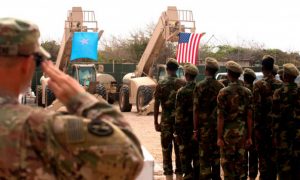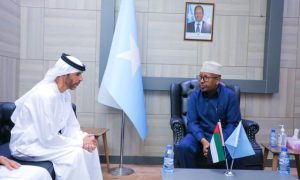
Human Rights Crisis in Ethiopia
A human rights crisis is taking place in Ethiopia. It has received little attention internationally but is the biggest political crisis to hit Ethiopia since the 2005 elections.
Muqdisho,17 March 2016: Since November 12, 2015, protesters across Ethiopia’s Oromia region have been risking their lives and liberty in the face of a brutal—and sometimes lethal–response from security forces. Soldiers and police have used deadly force and killed several hundred peaceful protesters. We understand that thousands of people have been detained in official and secret detention facilities. While there have been some incidents of violent clashes and some members of the security forces have also been killed, the vast majority of the protests have been peaceful.
The protests were triggered by the so-called Addis Ababa Master Plan, which envisioned expansion of Addis Ababa’s municipal boundary 20-fold. Protesters raised concerns that ethnic Oromos living in the area of that boundary expansion would be displaced from their farms. Ethnic Oromos, who make up approximately 35 percent of Ethiopia’s population, have long felt politically marginalized and culturally discriminated against by successive governments.
The government’s cancellation of the master plan in January came weeks too late for many protesters, who have seen too many killed and arbitrarily arrested. Over the four months of the protests, Human Rights Watch has documented security forces firing into crowds of protesters with little or no warning, the arrests of students as young as 8, and the torture of protesters in detention. Security forces have also arrested teachers, artists, political opposition leaders, and other influential Oromos who they believe are mobilizing protesters.
Since 2009, the Ethiopian government has systematically restricted independent media and civil society groups, both domestic and international. As a result, there has been limited reporting on the crackdown and inadequate international attention to this ongoing crisis. These restrictions make it difficult to verify the death toll and scale of the crackdown. It is clear, however, that the crackdown is putting Ethiopia on a very dangerous trajectory that could endanger its long term stability and progress.
Human Rights Watch urges the Council to raise concerns over the serious abuses taking place in Oromia. The Council should call on the Ethiopian government to cease using excessive force against protesters and release everyone arbitrarily detained. The Council should also support an independent investigation into the killings and other abuses. Any investigation should include sufficient levels of international involvement to ensure it is independent, credible, and impartial. Thank you.
—————————————–
Qaranimo Online | Muqdisho
SOURCE:

_____________________________________________________________________________________
Xafiiska Wararka Qaranimo Online | Mogadishu, Somalia
_____________________________________________________________________________________Advertisement
_____________________________________________________________________________________


